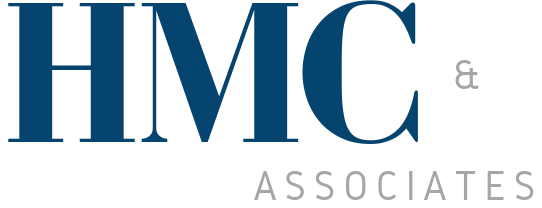So What Does A Patent Attorney Do?
This blog will necessarily be very general, as there is no one definition of a patent attorney, and no one determinator of what that attorney does. Some specialize in little known areas, others concentrate on various parts of the patent application process, others specialize in a certain industry or venue. There are some basic steps that almost all inventors and creators must take to receive a patent, and it’s in these areas that many patent attorneys practice.
Patent Searches
A patent search is first on the list before writing a patent application for your invention. Inventors, their friends, families and coworkers can all help with patent searching, to narrow the field down. But when it comes to actually filling out the application, it’s an extremely good idea to consult a patent attorney. They have access to resources and, usually, a font of knowledge that is simply not available to amateur searchers. Per hour fees for patent searches and consultations can run high—but may be lower if you consult a patent attorney that is outside of a major metropolitan center.
Review and Opinion
Once your patent search is done, your attorney may review the search results and write an opinion of the patentability of your invention, based on what the patent search returned. This review and opinion can vary quite a bit in price, depending on the complexity of your invention, and other factors.
Patent Application
Once the patent search is done and the attorney’s opinion given, it’s time for you to decide if you want to apply for a patent for your invention. It’s not required that you have a patent attorney write the application for you, but it’s a good idea, particularly if your invention is complex, or involves new areas such as software and mobile applications.
Individual inventors may be glad of the guiding hand of a patent attorney at first, and later decide they can do it all on their own—or they may return to the same lawyer again and again. Success often breeds success, for both inventors and their attorneys
Post Date: August 26, 2013

